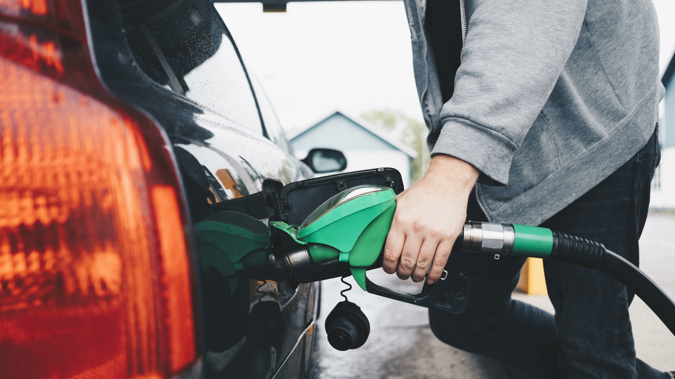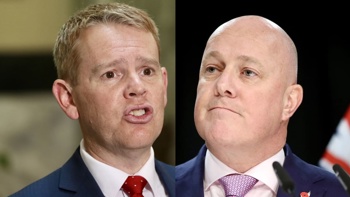
Fuel up now before the next big petrol price hike.
That's the warning issued this morning by Waitomo group managing director Jimmy Ormsby to Kiwi motorists.
"Today, we've been advised by our supplier that prices are increasing, with the biggest single jump in our wholesale price seen in my time," Ormsby said.
"Despite keeping our own costs as low as we can, so we can deliver the fairest pump prices while ensuring we remain sustainable ourselves, we can't absorb all that rise ourselves – so pump prices are going to have to respond.
"A jump of this level is going to hurt motorists and businesses big time, so as a Kiwi business, we're doing everything we can to minimise that pain, including forewarning our customers."
Orsmby advised motorists to fill up today before 6pm, when the latest price rise will kick in.
Ormsby said continued uncertainty over the Ukraine crisis and the ban on Russian fuel by the US and the UK had reverberated across the market, leading to crude oil prices rising to levels not seen since 2008.
"High fuel prices – like grocery prices, and housing prices – are part of the cost-of-living crisis, hitting Kiwis who least can afford it. Come spend a few hours pumping gas with me to get a good taste of how tough it is for many Kiwis just trying to put food on the table," Mr Ormsby said.
AA principal policy advisor Terry Collins said that extreme volatility in the oil market was making it difficult for importers to pick when to buy.
Prices have fluctuated wildly over the last week, rising to more than US$130 per barrel before dropping back down to around US$109.
Collins attributes the big drop this week to United Arab Emirates increasing production off the back of the unrest in Ukraine.
Collins noted that while this kind of volatility would be shorter term, he said the shift in European geopolitics would also have a longer-term impact on fuel prices.
With European nations breaking ties with Europe, they will be forced to source their fuel from the same markets that New Zealand relies on for its oil. This in turn means that prices will continue to steadily increase in the coming years.
Collins previously predicted petrol prices to exceed $3 per litre and he has taken that a step further now, saying that it's possible that fuel could reach $4 a litre.
He says that it may not happen this year, but the shifting demand in Europe will place upward pressure on the market.
"I don't think people fully realise the long term impact this conflict will have," Collins said.
Trends charted by fuel price app Gaspy show that average fuel prices have risen from around $1.85 in May 2020 to almost $3 on March 9 this year for 91. Over the same time, the price of 98 has risen from around $2.10 to more than $3.25.
The Gaspy data shows a particularly big spike over the last few days.
New Zealand, of course, isn't the only country to be struggling with a massive increase in fuel prices, with the impact being felt around the world.
There is, however, a marked difference between the prices in Australia and New Zealand.
Headlines across the ditch earlier this week bemoaned the possibility of the price of fuel rising to A$2.50 (NZ$2.68), with prices currently sitting at A$2.20 (NZ$2.36) in Sydney and A$2 (NZ$2.14) in Melbourne.
Asked why there was such a massive difference between the price of fuel in Australia and New Zealand, Collins said tax was the single biggest contributing factor.
While Australian fuel prices include a tax contribution of 37 per cent, the New Zealand price carries 45 per cent.
Collins noted that this has a significant impact on the final price that Kiwis pay at the pump.
Other factors impacting the price difference, according to Collins, include the slightly stronger Australian dollar and the country's closer proximity to the oil market.
However, Collins stressed that the tax mix was the biggest contributing factor.
Take your Radio, Podcasts and Music with you









